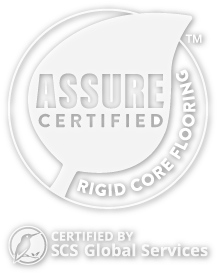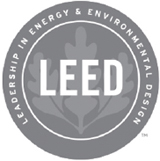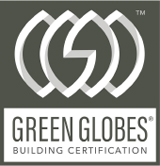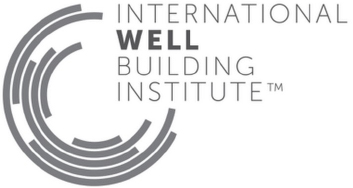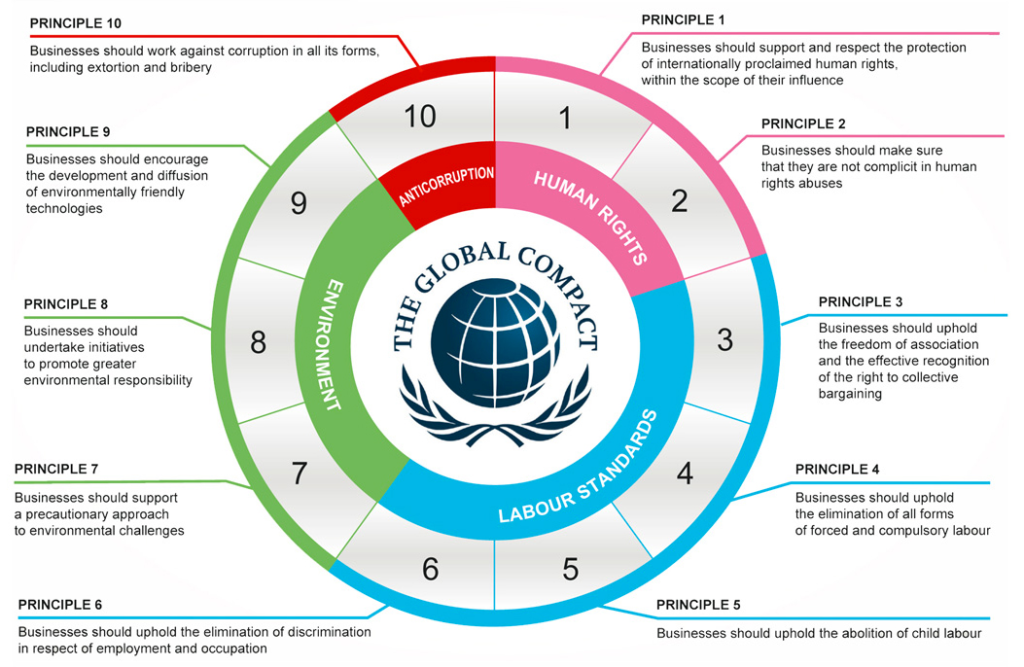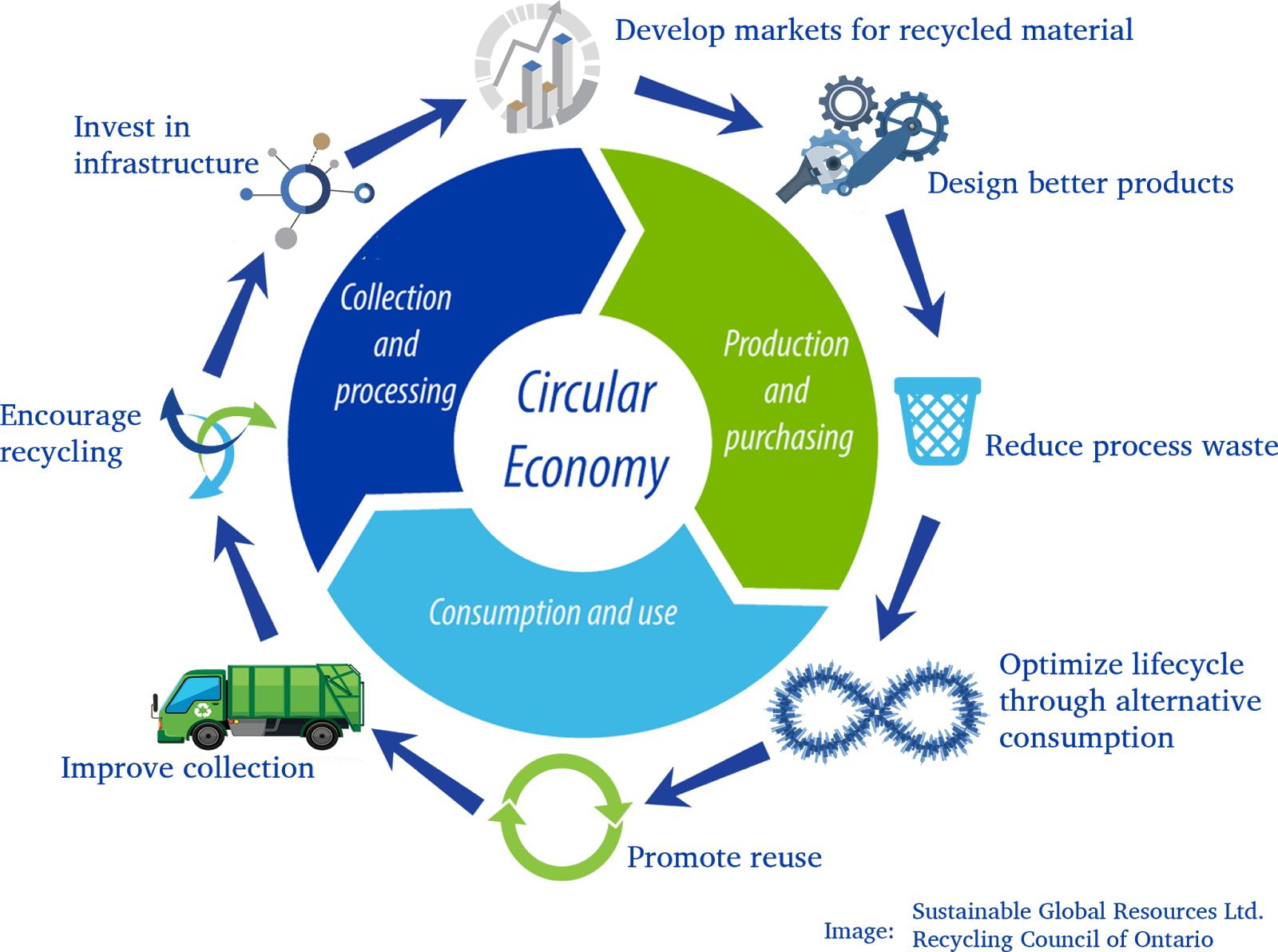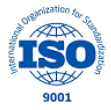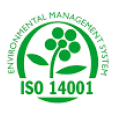The Resilient Floor Covering Institute (RFCI) is very proud of the work by its manufacturing members to advance their environmental responsibility. Their collective work is impressive and represents a long-term commitment to industry excellence in sustainability. While much has been accomplished, this progressive industry recognizes there is much to do to advance itself toward a more sustainable future.
Highlighted are a number of key RFCI manufacturing member sustainability initiatives. Specific manufacturer sustainability information can be accessed via their web sites.
FloorScore®: Indoor Air Quality
ASSURE CERTIFIED™: Rigid Core Flooring
AFFIRM™ CERTIFIED: NSF/ANSI 332 Sustainability Assessment
Environmental Product Declarations
ecomedes Material Database
Building Transparency: EC3
Sustainable Minds Product Transparency Catalogue
mindful Materials
U.N. Sustainable Development Goals
Health Product Declaration
RFCI member companies embrace the practice of disclosing detailed information about products and services including, the ingredients in their products and how they were manufactured. Such information is useful to businesses, professionals, and consumers. For example, an architect can use product transparency to ensure that the building products specified minimize the amount of VOC emissions in a building. A variety of methods exist for disclosing this information and several leading tools used by flooring producers include:
Health Product Declaration® (HPD) Open Standard
The Health Product Declaration® (HPD) Open Standard provides a rigorously-defined specification for a standard format and instructions to accurately, reliably and consistently report the material contents of a building product, and associated health information.
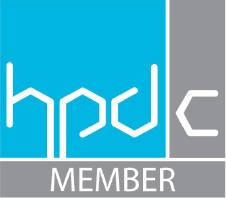
Green Building Certification
A broad and diverse range of RFCI member resilient flooring products contribute to meeting the environmental requirements of the leading green building rating systems.
Vinyl Sustainability Council
To advance industry sustainability, the Resilient Floor Covering Institute and a number of its members joined forces with the Vinyl Sustainability Council which is a collaborative platform for companies, organizations and other industry stakeholders to come together to create a sustainable development path for the industry that includes balanced, science-based, continuous improvement practices that meet the needs of current and future generations.
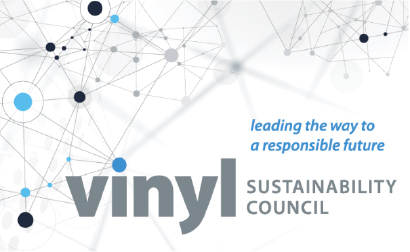
U.N. Global Compact
Corporate sustainability starts with a company’s value system and a principles-based approach to doing business. This means operating in ways that, at a minimum, meet fundamental responsibilities in the areas of human rights, labor, environment and anti-corruption. Responsible businesses enact the same values and principles wherever they have a presence and know that good practices in one area do not offset harm in another. By incorporating the Ten Principles of the UN Global Compact into strategies, policies and procedures, and establishing a culture of integrity, companies are not only upholding their basic responsibilities to people and planet but also setting the stage for long-term success. RFCI member companies view these 10 Principles as another important element in the roadmap toward sustainability excellence.
Commitment to Circular Economy
RFCI member companies are committed to the principles of the Circular Economy which provide an important roadmap toward keeping resources in use for as long as possible, extracting the maximum value from resources while in use and recovering and regenerating products and materials at the end of each service life.
Corporate Environmental Health and Safety Policies
Resilient flooring manufacturers strive to embrace the key components of corporate social responsibility: economic, legal, ethical and discretionary. This commitment demonstrates that RFCI member companies are about more than just the numbers. It shows they care about their impact on the world.
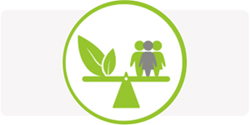
Economic Social Responsibility
Economic social responsibility begins with being profitable. Before a business can give back, it must be sustainable. Sustainability includes making a profit for shareholders, paying its employees an appropriate wage, paying business taxes and meeting other financial obligations.
Legal Social Responsibility
Consumers are more likely to buy products and utilize services from companies they trust. A part of building that trust is abiding by the laws that regulate businesses. Paying the required taxes, adhering to labor laws and allowing inspections are all examples of legal social responsibility.
Ethical Social Responsibility
Economic and legal corporate responsibility lay the groundwork for businesses to move into ethical social responsibility, which means RFCI member companies doing the right thing at all levels of their business. This ranges from paying employees a living wage to ensuring that the supply chain abides by these same standards.
In addition to ensuring ethical workplace practices, flooring manufacturers consider the environmental impact of their businesses including the use of recycled materials, energy conservation, water conservation and waste management.
Discretionary Social Responsibility
Discretionary social responsibility means flooring manufacturers using their companies’ time and resources to contribute to the community at large. This may include providing employees with opportunities to volunteer; donating money, services or products to charitable organizations; or initiating a charitable organization that ties into their company’s mission and goals. Many examples of flooring manufacturers’ initiatives in this area are highlighted on their web sites.
Corporate social responsibility shows that for RFCI member companies, it is about more than just the numbers. It shows that they care about their impact on the world, which appeals to consumers who want to feel good about the products they buy. By making an effort to be socially responsible, this ensures that these companies leave a lasting, positive impact.
Environmental Management System
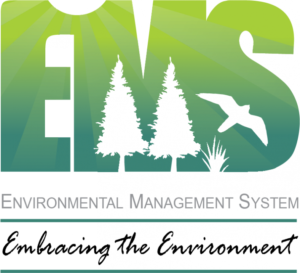
Environmental management system (EMS) refers to the management of an organization’s environmental programs in a comprehensive, systematic, planned and documented manner. It includes the organizational structure, planning and resources for developing, implementing and maintaining policy for environmental protection.
More formally, EMS is a system and database which integrates procedures and processes for training of personnel, monitoring, summarizing, and reporting of specialized environmental performance information to internal and external stakeholders of a firm.
ISO 9001 and ISO 14001 are among ISO’s most well-known standards ever. They are implemented by more than a million organizations in some 175 countries. ISO 9001 helps organizations to implement quality management. ISO 14001 helps organizations to implement environmental management. Many flooring producers are certified to these important standards.
Sustainability Reporting
Many RFCI member companies produce an annual sustainability report which is an organizational report that provides information about economic, environmental, social and governance performance. Sustainability reporting helps these organizations measure, understand and communicate their economic, environmental, social and governance performance, and then set goals, and manage change more effectively.
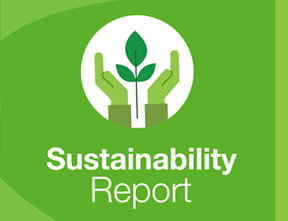
Environmental Health and Safety
RFCI member companies embrace Environmental Health and Safety through their health and safety policies designed to ensure environmentally friendly processes, working practices and systemic activities that prevent or reduce the risk of harm. Environmentally, these processes create a systematic approach to complying with environmental regulations, including managing waste or air emissions and are designed to help reduce the manufacturers’ carbon footprint.


